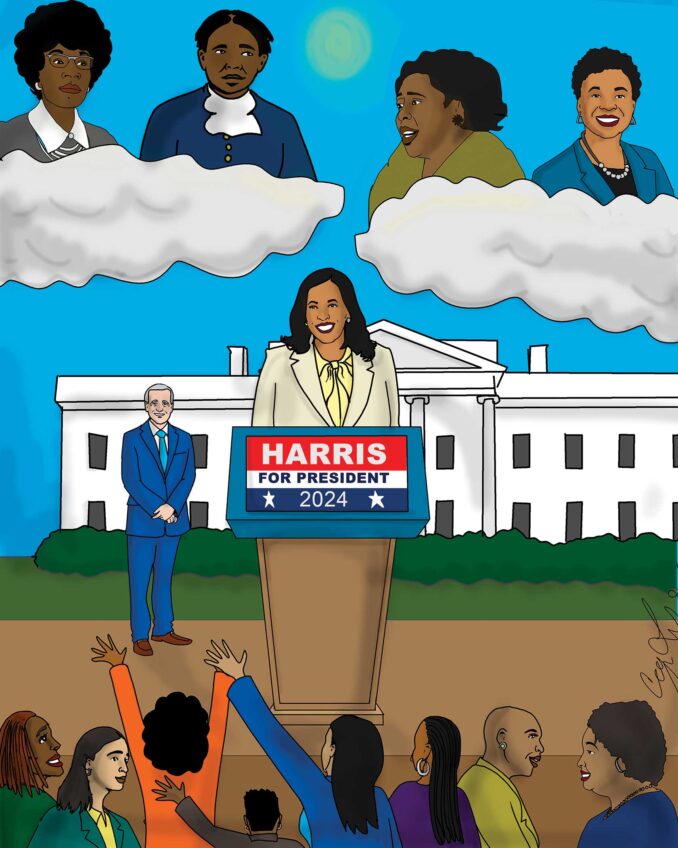How Grover Norquist hypnotized the GOP
At our 25th college reunion in 2003, Grover Norquist — the brain and able spokesman for the radical right — and I, along with other classmates who had been in public or political life, participated in a lively panel discussion about politics. During his presentation, Norquist explained why he believed that there would be a permanent Republican majority in America.
One person interrupted, as I recall, and said, “C’mon, Grover, surely one day a Democrat will win the White House.”
Norquist immediately replied: “We will make it so that a Democrat cannot govern as a Democrat.”
In a way, Republicans have accomplished that. This spring, in an effort to reduce the deficit, a Democratic president proposed to cut $2 trillion in spending, much of it from domestic programs Democrats have long championed. Two weeks ago, Republican leaders withdrew from talks with the vice president on a bipartisan plan to reduce the deficit because, as another part of the solution and like every bipartisan budget deal for decades, the president proposed to raise revenue. Specifically, he proposed to raise $1 in new revenue (through closing loopholes or ending the Bush tax cuts for the wealthiest Americans) for every $2 in spending cuts. In response to that modest proposal, Republican leaders walked out.
It is now clear that the Republican strategy is to drive America to the brink of fiscal ruin and then argue that the only way out is to cut spending for the powerless. Taxes — a dirty word thanks to Norquist’s “no new taxes” gimmick — are made to seem beyond the pale, even as the burden of paying for our society shifts disproportionately to the middle class and working poor. It is the height of fiscal folly.
It is also not who we are as a country.
For nearly a decade, our federal government paid for two wars and a costly prescription drug benefit with borrowed money. Our government paid for the Bush tax cuts with borrowed money. Now, after exhausting the budget surplus left by the Clinton administration, the only spending Republicans are willing to discuss cutting is spending that helps the poor and vulnerable — meaning anything that does not touch the interests of large corporations and the very rich.
Last December, Republican hard-liners held hostage benefits for people out of work in exchange for an agreement to extend the Bush tax cuts for those who make a million dollars or more a year. Last month, many of the same lawmakers rallied to protect special tax benefits for oil companies that have made record profits on high gas prices.
Meanwhile, some mom-and-pop stores and college students pay more in taxes than some of our largest corporations. Still, taxes are sin to the hard-liners, though they have difficulty demonstrating a correlation over the past decade between tax cuts and economic growth.
Everyone knows that we have to reduce the deficit. Everyone also knows that reducing government spending and addressing revenue shortfalls have to be a part of the plan. This isn’t partisan; it’s pragmatic. Some might even call it conservative. But Norquist and the rest of the radical right have so hypnotized the Republican leadership that they can’t come out and say it. For them, maintaining their rhetoric about spending cuts is more important than preserving the civic investments that make America stand out from the rest of the world.
That political calculus has consequences for the rest of us.
If the deficit is reduced by spending cuts alone and there is no deal to raise the debt ceiling, here’s a sampling of what happens: We stop paying our soldiers or supporting our veterans. We stop feeding the neediest children and families. We stop providing nursing-home care to seniors. We stop inoculating schoolchildren. We stop helping young people go to college. The unemployed are on their own. Roads and bridges continue to crumble. And we jeopardize the creditworthiness of our economy at one of the most fragile moments in history. All to protect the marginal benefits of the most fortunate and the political purity of the radical right.
I remember sitting in the Dunster House dining hall at Harvard with Norquist when we were sophomores or juniors in college, while he explained his view of government, or lack thereof. It sounded logical — the notion that we could live independently of each other, making our own decisions in our own self-interest. But then who puts out the fires? Who answers the calls to 911? Who educates poor children? Who helps people with disabilities?
I’d like to think that the most prosperous nation in human history can have both freedom and security. I think we have reached a point where my personal success is not threatened by a program to help our parents retire with dignity. Voters are smart enough to see that taxes are one of the ways we get those things. They are the price we pay for civilization.
This article first appeared in the Washington Post.






